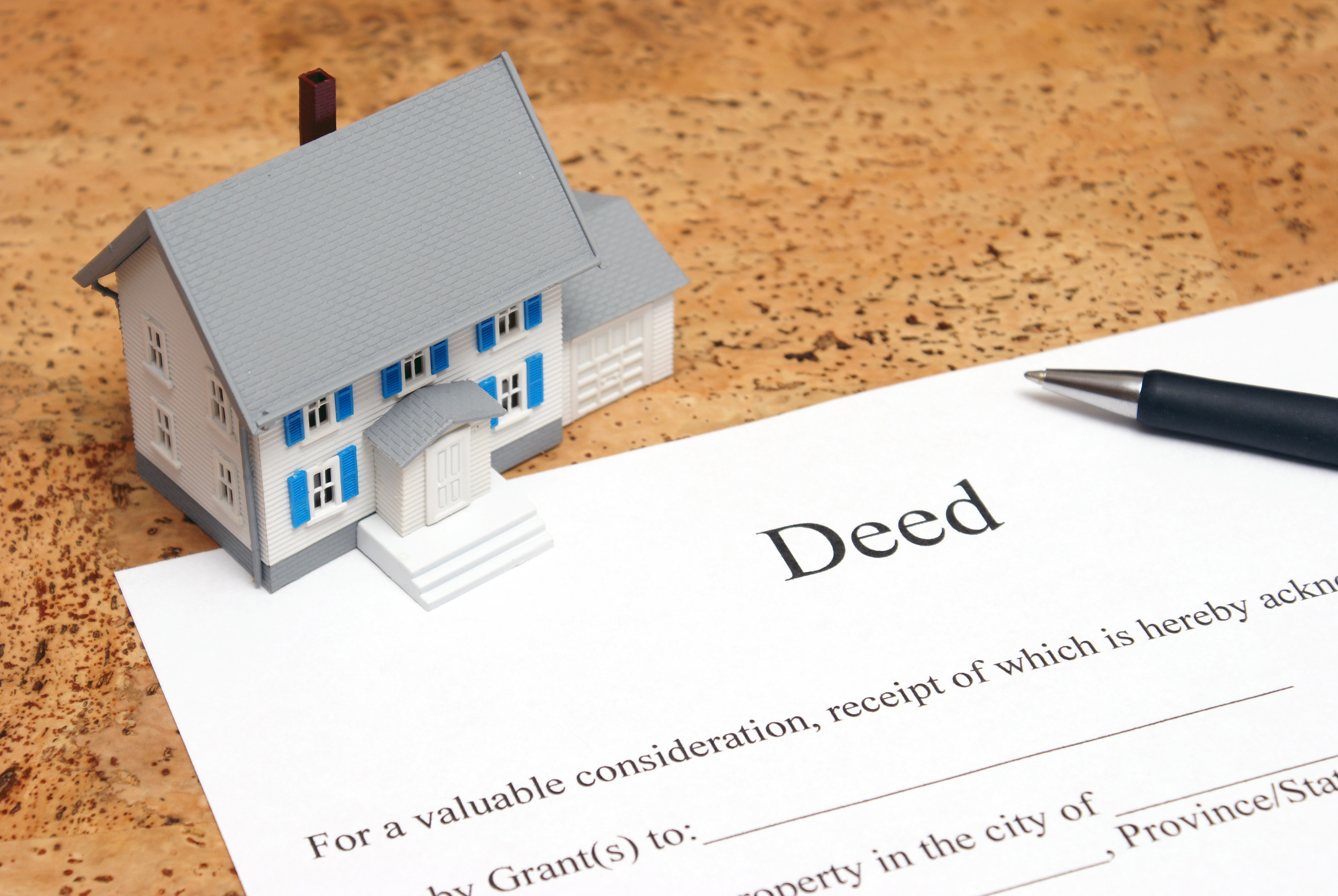
When you buy a home, you don’t just get a set of keys—you also receive a property deed, the legal document that proves you own the property. While it might not be the most exciting part of homeownership, it’s one of the most important. Understanding what a property deed is, the different types, and why it matters can help ensure that your ownership is legally secure.
A property deed is an official document that transfers ownership of real estate from one party to another. It includes key details such as:
Once the deed is signed and recorded with the local government, the buyer is officially recognized as the property owner.
Not all deeds offer the same level of protection. Here are the most common types:
1. General Warranty Deed
The gold standard of deeds, this one offers the most protection for buyers. It guarantees that the seller has full ownership rights and that there are no hidden claims, liens, or disputes—not just during their ownership, but throughout the property’s history.
2. Special Warranty Deed
Similar to a general warranty deed but with limited protection. It only guarantees that no issues arose while the seller owned the home, but it doesn’t cover anything that might have happened before that.
3. Quitclaim Deed
A quitclaim deed transfers ownership interest but doesn’t guarantee that the title is clear. Essentially, the seller is saying, “If I own this property, it’s yours”—but there are no promises about past claims or title issues. These are commonly used in family transfers, divorces, or other trust-based situations.
4. Grant Deed
A grant deed ensures that the seller hasn’t sold the property to someone else and that there are no undisclosed liens. However, it doesn’t offer the same level of long-term protection as a general warranty deed.
Your property deed is more than just a piece of paper—it’s what legally proves you own your home. Without a properly recorded deed, you could run into serious issues, including:
A property deed is the foundation of homeownership—it’s what legally confirms that you own your home. Understanding the different types of deeds and ensuring that yours is properly recorded can prevent potential legal headaches down the road. If you have questions about your deed or need help with a title transfer, contact All Seasons Title today for expert guidance.